Home>Garden Essentials>How Much Chia Seed Can You Eat In A Day
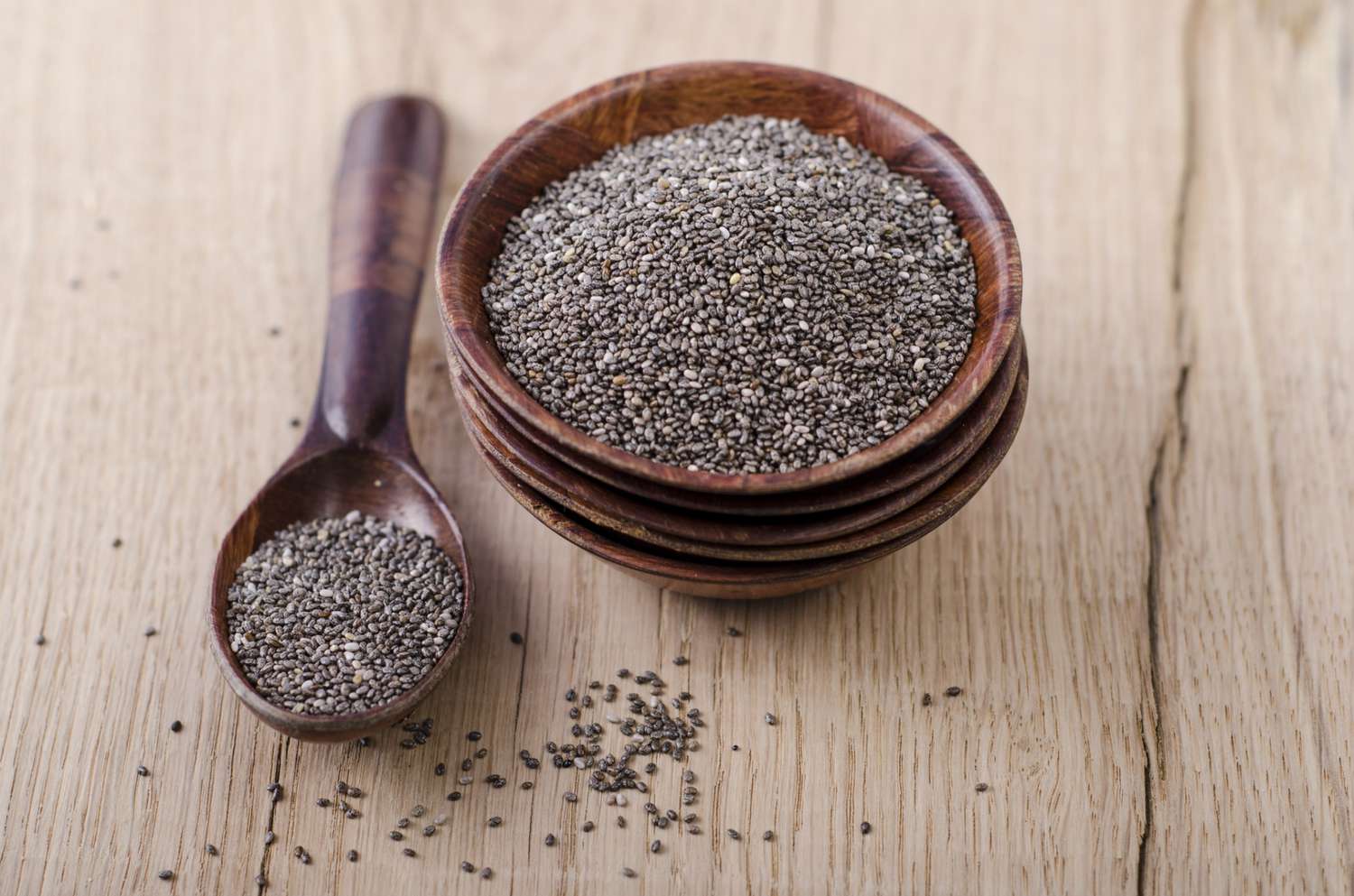

Garden Essentials
How Much Chia Seed Can You Eat In A Day
Modified: March 24, 2024
Discover the recommended daily intake of nutrient-rich chia seeds for your garden journey. Learn how much chia seed you can eat in a day and maximize your health benefits.
(Many of the links in this article redirect to a specific reviewed product. Your purchase of these products through affiliate links helps to generate commission for Storables.com, at no extra cost. Learn more)
Introduction
Welcome to the world of chia seeds! These tiny powerhouses are gaining popularity for their impressive nutritional profile and numerous health benefits. Chia seeds, derived from the plant Salvia hispanica, have been consumed for centuries and were highly valued by ancient civilizations such as the Aztecs and Mayans for their ability to provide sustained energy.
In recent years, chia seeds have emerged as a superfood, packed with essential nutrients and offering a wide range of health-promoting qualities. From improved digestion to enhanced heart health, chia seeds have become a staple in the diet of health-conscious individuals around the world.
In this article, we will explore the benefits of chia seeds, their nutritional profile, factors to consider when determining chia seed intake, recommended daily intake, possible side effects of consuming too much chia seed, and ways to incorporate chia seeds into your diet.
So, let’s dive into the wonderful world of chia seeds and see how much of this superfood you can enjoy in a day!
Key Takeaways:
- Chia seeds offer a wide range of health benefits, including improved digestion, heart health, and sustained energy. It’s important to start with small amounts and gradually increase intake to avoid digestive discomfort.
- Incorporating chia seeds into your diet can be fun and delicious! Try making chia pudding, adding them to smoothies, or using them as a healthy salad topper. Remember to consult a healthcare professional for personalized guidance.
Read more: What Can You Eat Chia Seeds With
Benefits of Chia Seeds
Chia seeds are packed with an impressive array of health benefits. Let’s take a closer look at some of the key benefits:
- Rich in Nutrients: Despite their small size, chia seeds are a nutritional powerhouse. They are an excellent source of fiber, protein, omega-3 fatty acids, calcium, magnesium, and antioxidants. This makes them a valuable addition to any diet, especially for those looking to boost their nutrient intake.
- Weight Management: Chia seeds are highly effective for weight management due to their high fiber and protein content. When consumed, chia seeds swell and form a gel-like consistency in the stomach, promoting a feeling of fullness and reducing calorie intake. Additionally, their protein content can help regulate appetite and control cravings.
- Heart Health: Chia seeds have been linked to several heart-healthy benefits. They are rich in omega-3 fatty acids, which are known to reduce inflammation, lower cholesterol levels, and improve overall heart health. Consuming chia seeds regularly may help lower the risk of heart disease and stroke.
- Improved Digestion: The high fiber content of chia seeds promotes healthy digestion by acting as a natural laxative and preventing constipation. The gel-like substance formed when chia seeds are soaked in liquid can also support the growth of beneficial gut bacteria, improving overall gut health.
- Blood Sugar Regulation: Chia seeds have a low glycemic index, meaning they do not cause a rapid spike in blood sugar levels. This makes them an excellent choice for individuals with diabetes or those looking to manage their blood sugar levels. The fiber and protein content in chia seeds also aid in slowing down the digestion and absorption of carbohydrates.
- Energy Boost: Ancient civilizations valued chia seeds for their ability to provide sustained energy. The combination of carbohydrates, fiber, and healthy fats in chia seeds can offer a gradual release of energy, keeping you energized throughout the day. This makes them an ideal pre-workout or mid-day snack.
These are just a few of the many benefits that chia seeds have to offer. Incorporating them into your diet can have a positive impact on your overall health and well-being.
Nutritional Profile of Chia Seeds
Chia seeds are a nutritional powerhouse, packed with an impressive array of nutrients. Here is a breakdown of the key nutrients found in chia seeds:
- Fiber: Chia seeds are an excellent source of fiber, with just one ounce (28 grams) providing a whopping 11 grams of fiber. Fiber is essential for maintaining a healthy digestive system, promoting regular bowel movements, and supporting heart health.
- Protein: Chia seeds are a good plant-based source of protein, containing all nine essential amino acids. One ounce of chia seeds provides about 4 grams of protein, making them a valuable addition to vegetarian or vegan diets.
- Omega-3 Fatty Acids: Chia seeds are one of the richest plant sources of omega-3 fatty acids, specifically alpha-linolenic acid (ALA). Omega-3 fatty acids are crucial for heart health, brain function, and reducing inflammation in the body.
- Calcium: Chia seeds are an excellent source of calcium, with one ounce providing about 18% of the recommended daily intake. Calcium is essential for maintaining strong bones and teeth, as well as supporting nerve function and muscle health.
- Magnesium: Chia seeds are a great source of magnesium, with one ounce containing around 30% of the recommended daily intake. Magnesium plays a vital role in over 300 enzymatic reactions in the body, including energy production, muscle function, and maintaining normal blood pressure.
- Antioxidants: Chia seeds are rich in antioxidants, including flavonols and phenolic compounds. Antioxidants help protect the body against free radicals, which can damage cells and contribute to chronic diseases.
Additionally, chia seeds are low in carbohydrates and have a low glycemic index, making them suitable for individuals following a low-carb or diabetic-friendly diet.
It’s important to note that chia seeds are also a good source of vitamins and minerals such as zinc, potassium, phosphorus, and vitamin B complex.
Overall, chia seeds are a nutrient-dense food that can provide a wide range of essential nutrients to support optimal health and vitality.
Factors to Consider When Determining Chia Seed Intake
While chia seeds offer numerous health benefits, it’s important to consider certain factors when determining how much to incorporate into your diet. Here are some key factors to keep in mind:
- Daily Caloric Needs: The amount of chia seeds you consume should align with your daily caloric needs. Chia seeds are nutrient-dense and high in healthy fats, so it’s important to consider their calorie content. If you are trying to maintain or lose weight, it’s essential to factor in the calories from chia seeds as part of your overall daily intake.
- Dietary Goals: Consider your specific dietary goals when determining your chia seed intake. If you are aiming to increase your fiber intake, you may opt for a higher amount. If you are focusing on protein or omega-3 fatty acids, you may want to supplement your chia seed consumption with other protein or fish sources.
- Age and Gender: Factors such as age and gender can influence the ideal chia seed intake. Generally, adult men and women have different nutrient requirements, and these should be taken into account when determining the appropriate amount of chia seeds to consume.
- Medical Conditions: If you have any underlying medical conditions or are taking medications, it’s crucial to consult with a healthcare professional before significantly increasing your chia seed intake. While chia seeds are generally safe for consumption, they may interact with certain medications or have contraindications for certain medical conditions.
- Individual Tolerance: Lastly, consider your own tolerance and digestive response to chia seeds. Some individuals may experience digestive discomfort or bloating if they consume large amounts of chia seeds. It’s best to start with a smaller amount and gradually increase to determine your own tolerance level.
By taking these factors into consideration, you can determine the appropriate amount of chia seeds to incorporate into your diet and enjoy their health benefits without any unwanted side effects.
A safe amount of chia seeds to eat in a day is 1-2 tablespoons, which provides a good amount of fiber and omega-3 fatty acids. Consuming too much may cause digestive issues.
Recommended Daily Intake of Chia Seeds
The recommended daily intake of chia seeds can vary depending on several factors, including individual needs and goals. However, a general guideline for chia seed consumption is about 1-2 tablespoons (15-30 grams) per day for most individuals.
It’s important to note that chia seeds can absorb up to 10 times their weight in liquid, so it’s crucial to drink an adequate amount of water or other fluids when consuming them to prevent any digestive discomfort.
If you are incorporating chia seeds into your diet for specific health benefits, it may be beneficial to consult with a healthcare professional or a registered dietitian to determine the appropriate daily intake based on your unique needs.
For those looking to increase their fiber intake, gradually increasing the amount of chia seeds consumed can be beneficial. However, it’s important to do so in a controlled manner, as a sudden increase in fiber intake can cause digestive discomfort or bloating.
If you have any underlying medical conditions or are on certain medications, it’s always recommended to consult with a healthcare professional before significantly increasing your chia seed intake, as they can provide personalized guidance based on your specific situation.
Remember, moderation is key when it comes to any food or dietary supplement. While chia seeds offer numerous health benefits, consuming excessive amounts may not necessarily provide additional benefits and may lead to unwanted side effects.
Incorporating chia seeds into your diet in a balanced and diverse way, alongside other nutrient-rich foods, will help you maximize their benefits and support overall health and well-being.
Read more: How Many Chia Seeds To Eat A Day
Possible Side Effects of Consuming Too Much Chia Seed
While chia seeds are generally safe for consumption, consuming excessive amounts can lead to potential side effects. Here are some possible side effects to be aware of:
- Digestive Discomfort: Chia seeds are high in fiber, which is beneficial for digestion. However, consuming too much fiber can lead to digestive discomfort such as bloating, gas, and abdominal cramping. It’s important to gradually increase your chia seed intake and drink plenty of water to allow for proper digestion.
- Impact on Blood Pressure and Blood Sugar Levels: Chia seeds can potentially cause a drop in blood pressure and blood sugar levels. While this can be beneficial for those with high blood pressure or diabetes, individuals who already have low blood pressure or low blood sugar should exercise caution and monitor their levels accordingly.
- Potential Interaction with Medications: Chia seeds may interact with certain medications, including blood thinners and blood pressure medications. If you are on any medications, it is important to consult with a healthcare professional before significantly increasing your chia seed intake to avoid any potential interactions.
- Allergic Reactions: While rare, some individuals may be allergic to chia seeds. If you experience symptoms such as itching, rash, or difficulty breathing after consuming chia seeds, discontinue use and seek medical attention.
- Potential Risk of Choking: Chia seeds have the ability to absorb liquid and form a gel-like consistency, which could lead to a choking hazard if consumed dry and in large quantities. It’s important to ensure that chia seeds are consumed properly hydrated or mixed into foods or liquids.
As with any dietary change or addition, it’s important to listen to your body and make adjustments accordingly. Start with a small amount of chia seeds and monitor how your body responds before increasing your intake.
If you have any underlying medical conditions or are on medications, it is always recommended to consult with a healthcare professional before incorporating chia seeds into your diet to ensure they are suitable for your individual circumstances.
Overall, chia seeds can be a nutritious and beneficial addition to a healthy diet, but it’s crucial to consume them in moderation and be mindful of any potential side effects.
Incorporating Chia Seeds into Your Diet
Now that you understand the benefits and considerations of consuming chia seeds, let’s explore some creative ways to incorporate them into your daily diet:
- Chia Pudding: Create a delicious and nutritious chia pudding by combining chia seeds with your choice of milk (such as almond, coconut, or dairy milk) and a sweetener like honey or maple syrup. Let it sit in the fridge overnight, and wake up to a tasty pudding-like consistency. Top it with fresh fruits, nuts, or granola for added flavor and texture.
- Smoothies: Boost the nutritional value of your smoothies by adding a tablespoon or two of chia seeds. This will not only add extra fiber and protein, but also provide a thickening effect to your smoothie. Blend them into your favorite fruit or green smoothie for a nutrient-packed treat.
- Baking: Upgrade your baked goods by incorporating chia seeds into recipes like muffins, pancakes, or cookies. You can use them as an egg substitute by mixing one tablespoon of chia seeds with three tablespoons of water, allowing it to sit for a few minutes until it forms a gel-like consistency. This can be a great option for vegan or egg-sensitive individuals.
- Salad Toppers: Sprinkle chia seeds on top of your salads to add a nutritious crunch. They can complement both savory and sweet salads, providing an extra boost of fiber, protein, and healthy fats. Experiment with different flavor combinations and dressings to find your favorite combination.
- Yogurt or Oatmeal Topping: Add a tablespoon of chia seeds to your yogurt or oatmeal to add a nutritional punch. They will not only provide a satisfying texture but also boost the overall nutrient content of your breakfast or snack.
- Chia Water: Simply mix chia seeds with water and a splash of lemon or lime juice for a refreshing and hydrating beverage. The chia seeds will absorb the liquid and create a gel-like texture. This can be a great way to stay hydrated and enjoy the benefits of chia seeds at the same time.
These are just a few ideas to get you started, but feel free to get creative and explore different ways to incorporate chia seeds into your favorite meals and snacks. Remember to start with small amounts and gradually increase your intake to allow your body to adjust.
Lastly, store your chia seeds in a cool, dry place, such as an airtight container in the pantry, to maintain their freshness and nutritional value. Enjoy the versatility and health benefits that chia seeds have to offer as you embark on your culinary journey!
Conclusion
Chia seeds are a versatile and nutrient-dense superfood that can provide numerous health benefits when incorporated into a balanced diet. Their rich nutritional profile, high fiber content, and omega-3 fatty acids make them a valuable addition to any healthy eating plan.
From improving digestion to supporting heart health, chia seeds offer a range of benefits that can enhance your overall well-being. However, it’s important to consider factors such as individual needs, dietary goals, and potential interactions with medications when determining the appropriate intake of chia seeds.
The recommended daily intake of chia seeds is generally around 1-2 tablespoons per day, but this can vary depending on personal circumstances. It’s crucial to listen to your body, start with small amounts, and gradually increase your intake to avoid any potential digestive discomfort.
Incorporating chia seeds into your diet can be done in various creative ways, such as making chia pudding, adding them to smoothies, using them as an egg substitute in baking, or topping salads, yogurts, and oatmeal. The possibilities are endless, allowing you to enjoy the benefits of chia seeds while adding flavor and texture to your meals.
As with any dietary change, it’s important to consult with a healthcare professional or registered dietitian, especially if you have underlying health conditions or are on medications, to ensure that chia seeds are a safe and suitable addition to your diet.
Remember, balance and moderation are key. While chia seeds offer numerous health benefits, it’s important to maintain a diverse and well-rounded diet that includes a variety of nutrient-rich foods.
So go ahead, start incorporating chia seeds into your daily routine and reap the many benefits they have to offer. Your taste buds and your body will thank you!
Frequently Asked Questions about How Much Chia Seed Can You Eat In A Day
Was this page helpful?
At Storables.com, we guarantee accurate and reliable information. Our content, validated by Expert Board Contributors, is crafted following stringent Editorial Policies. We're committed to providing you with well-researched, expert-backed insights for all your informational needs.

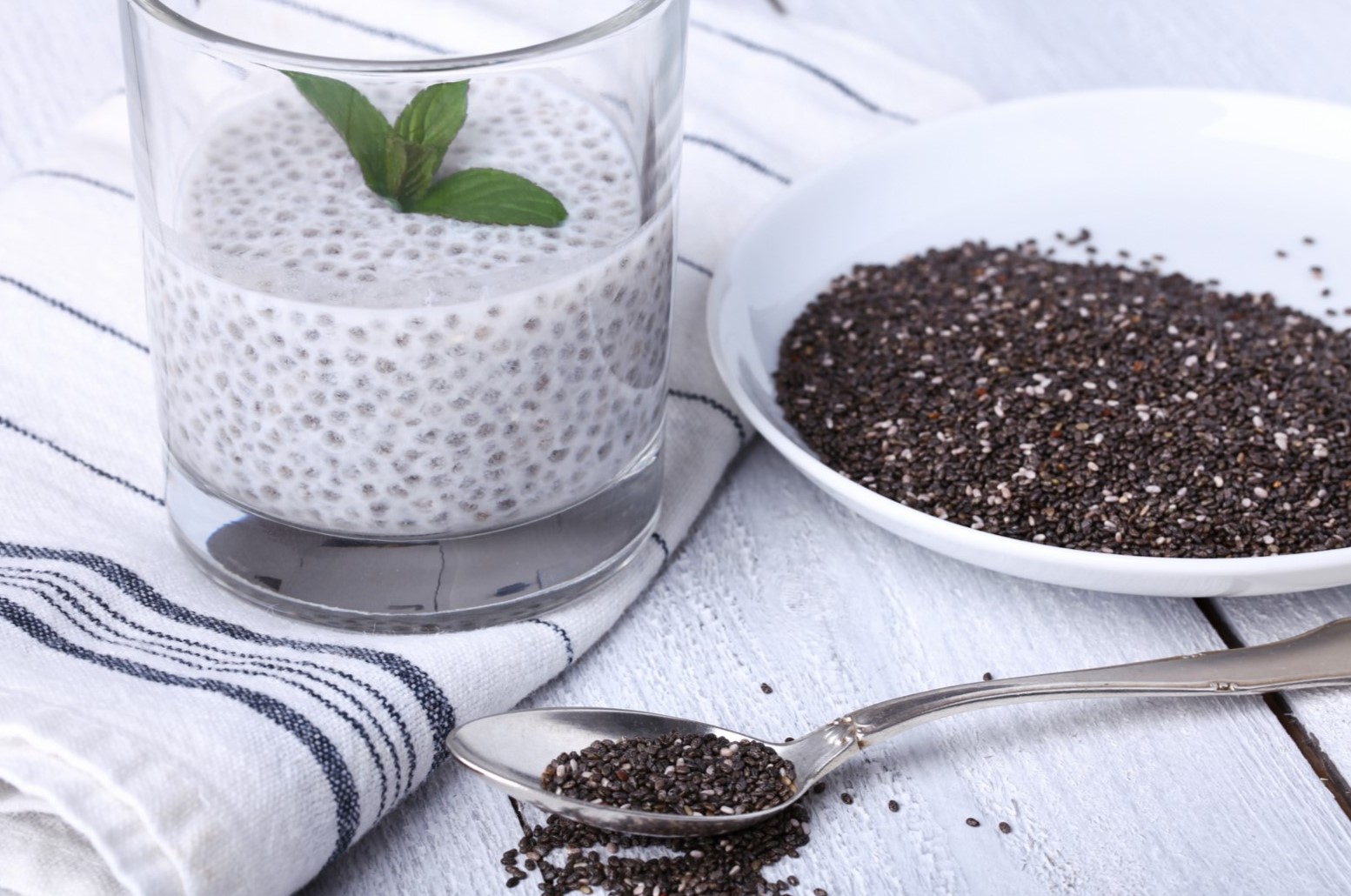
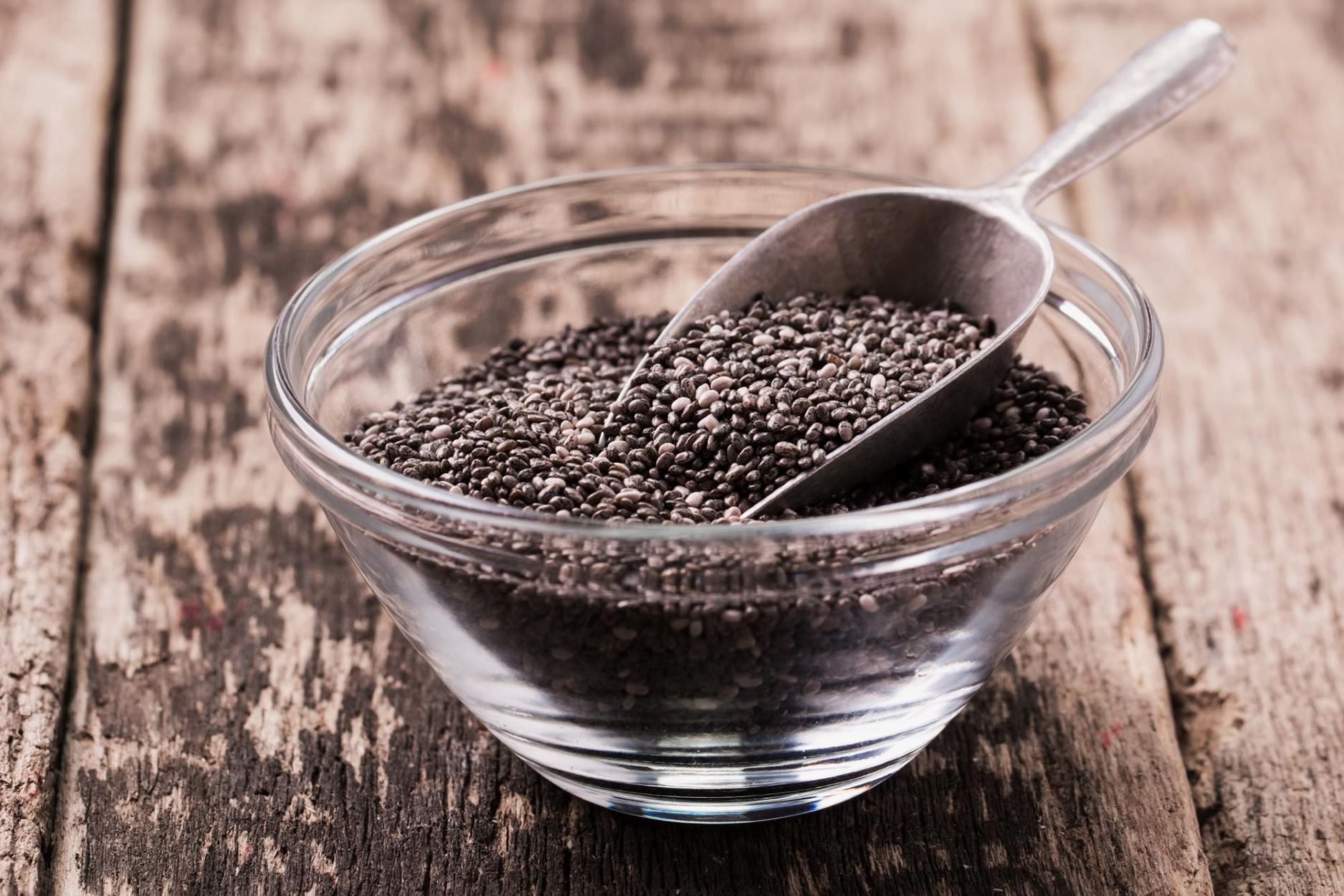
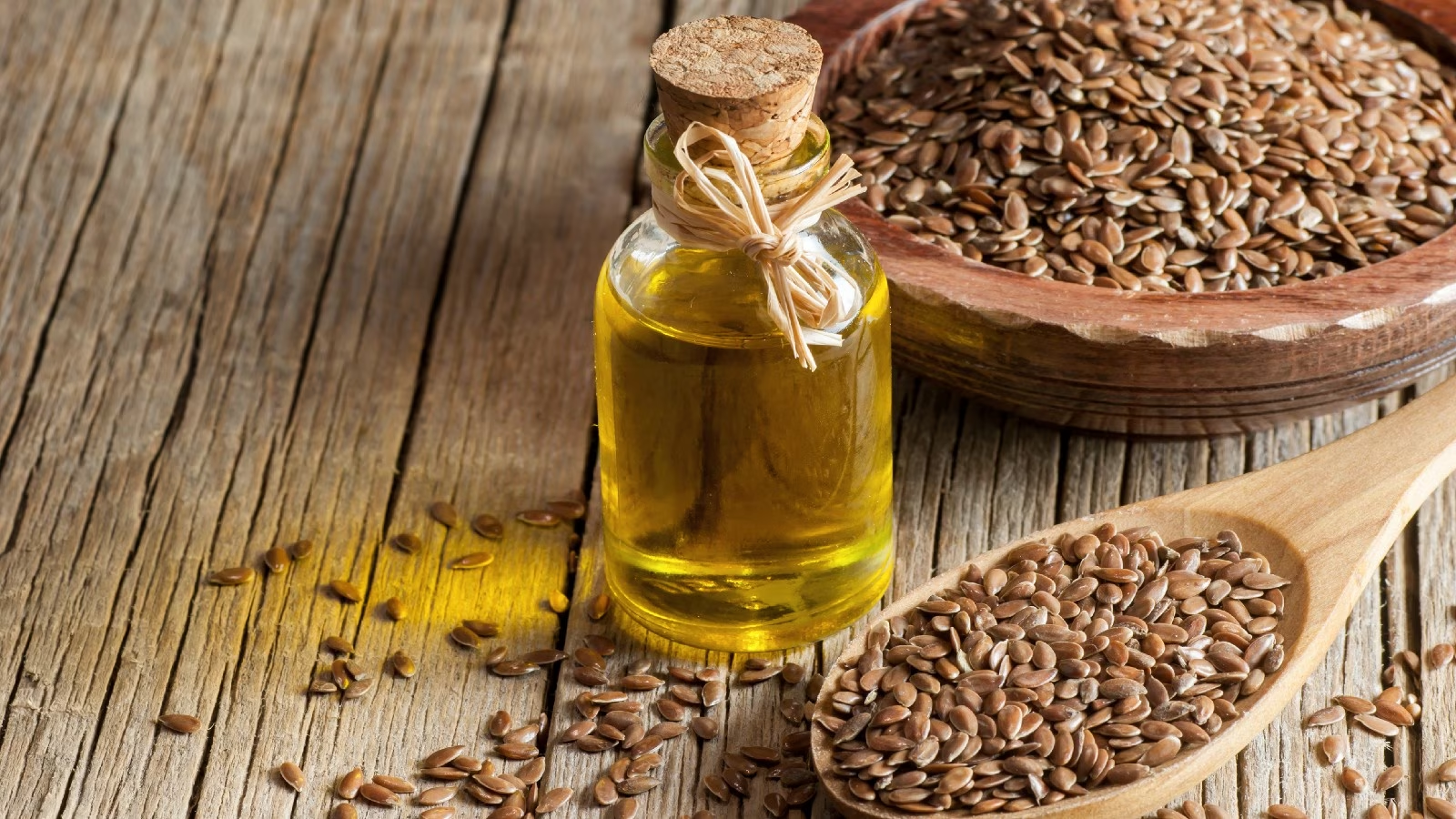
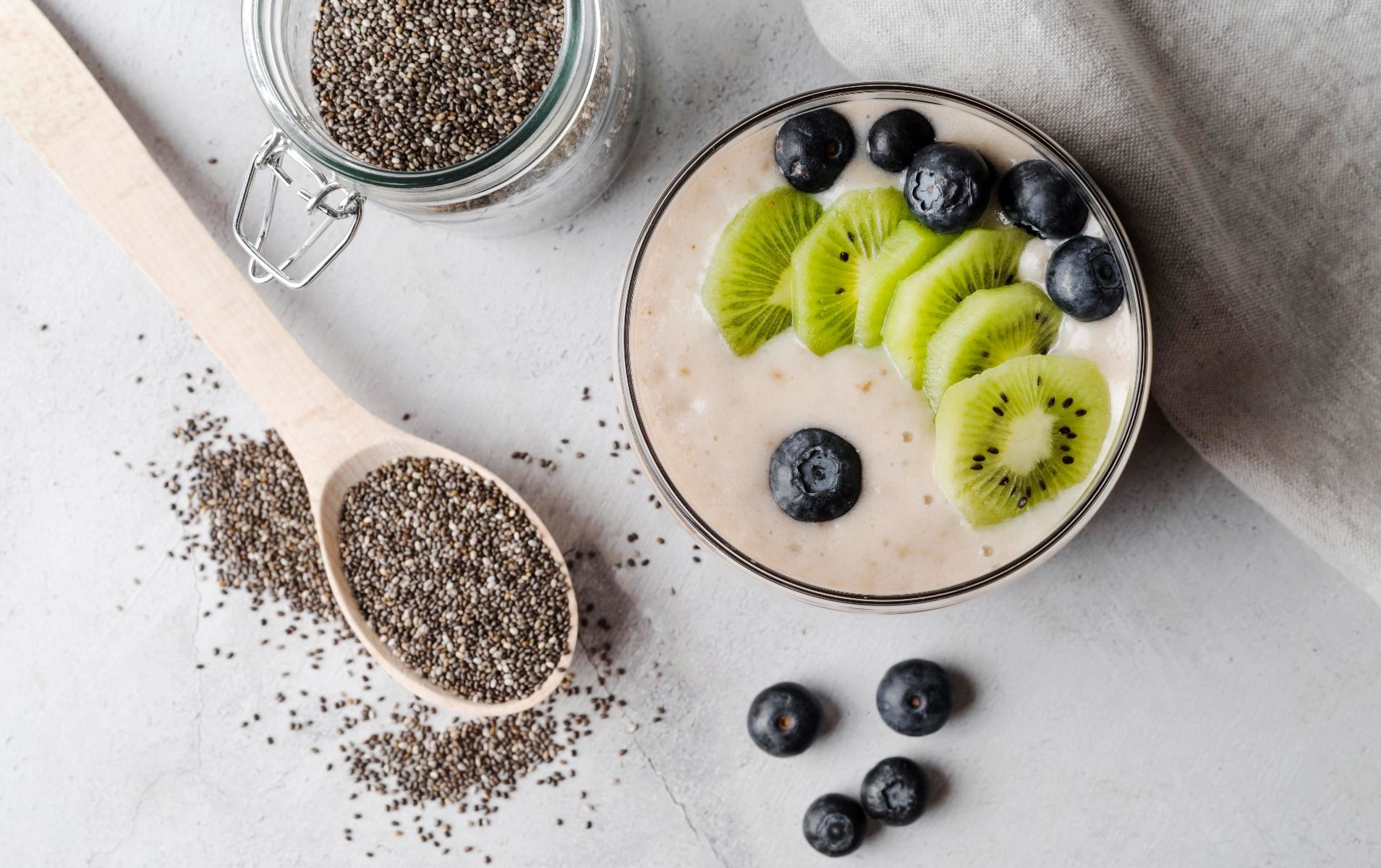
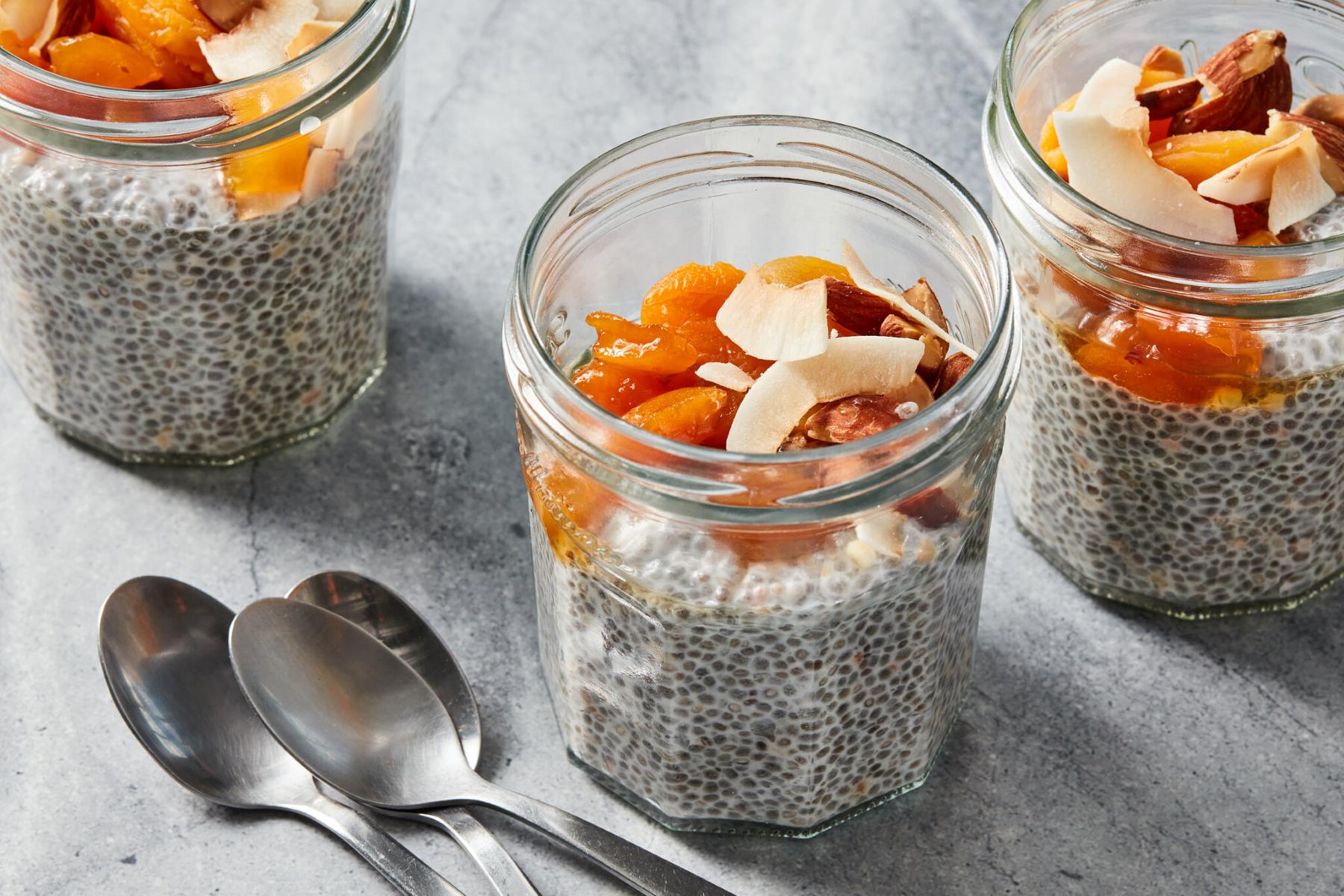
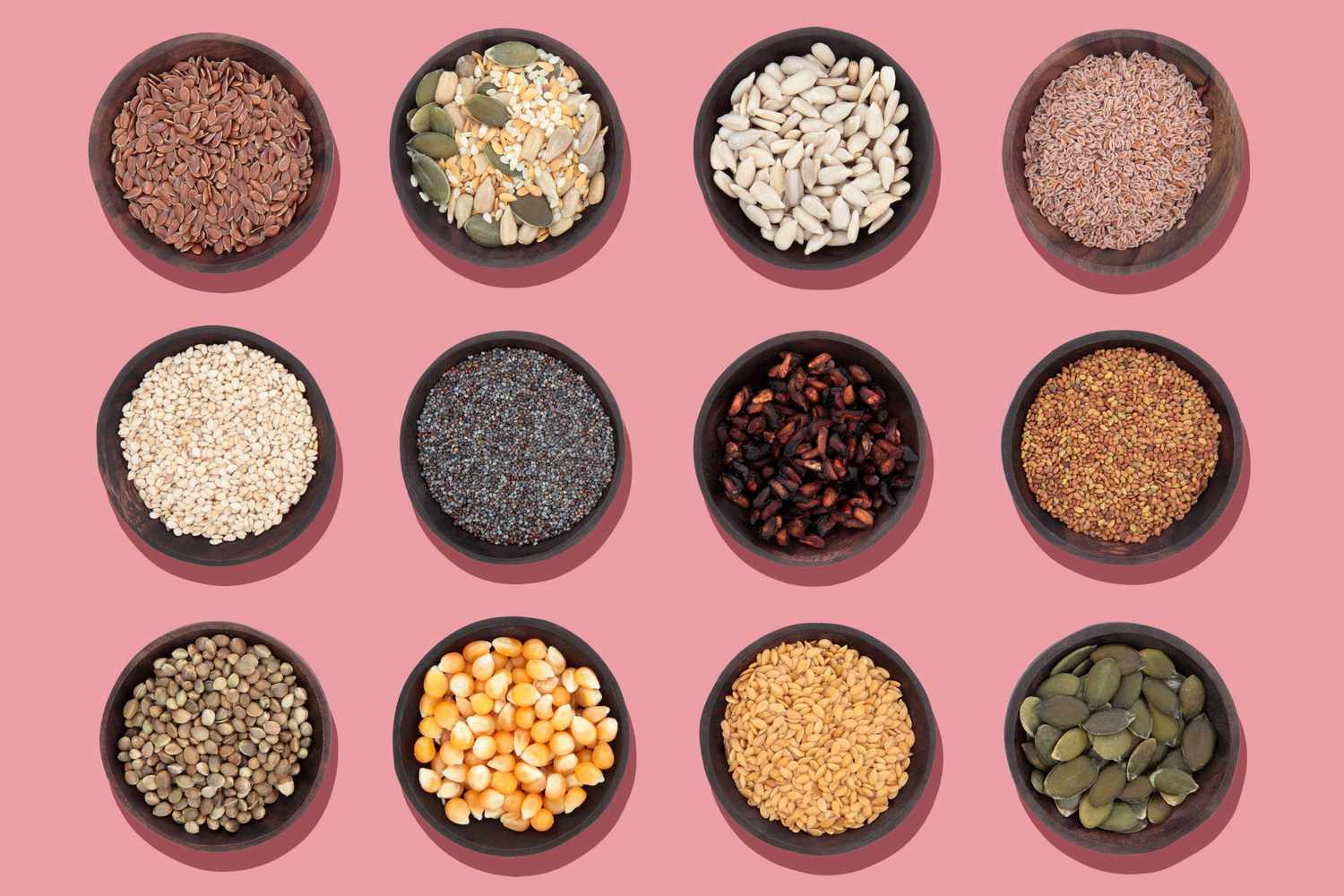
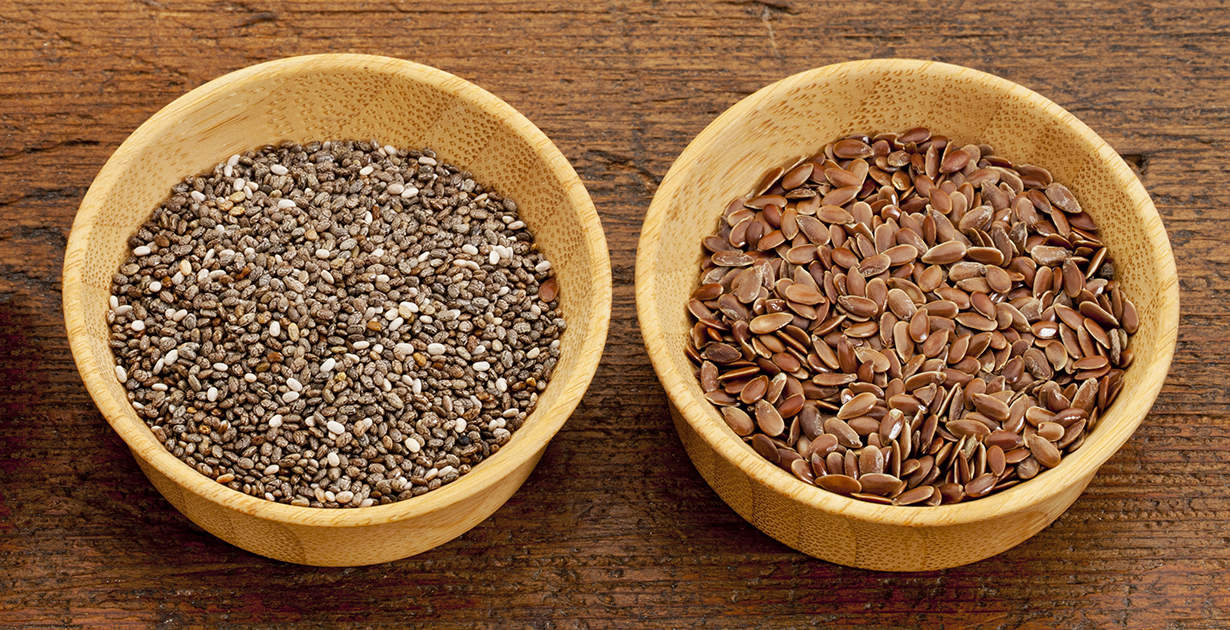
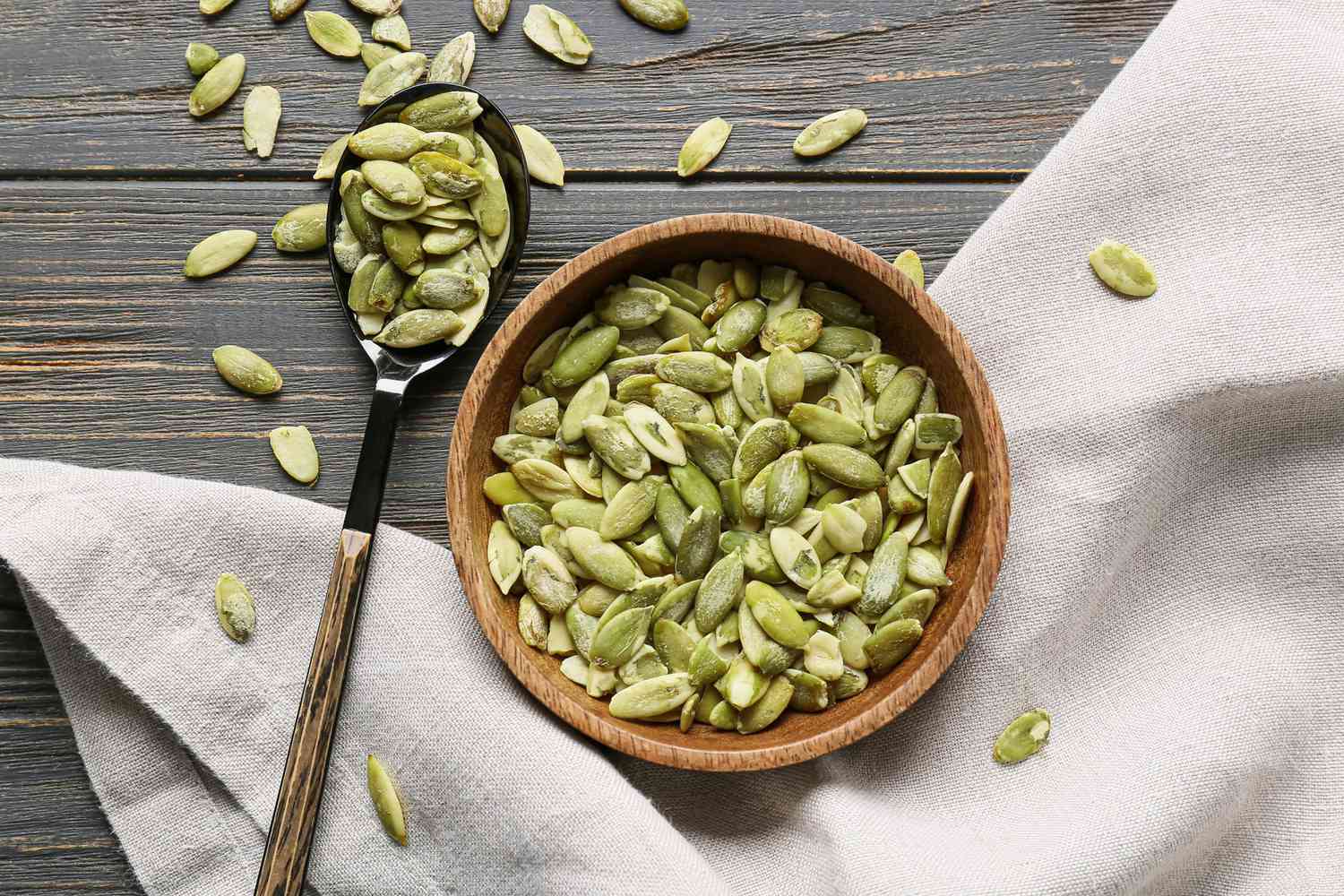
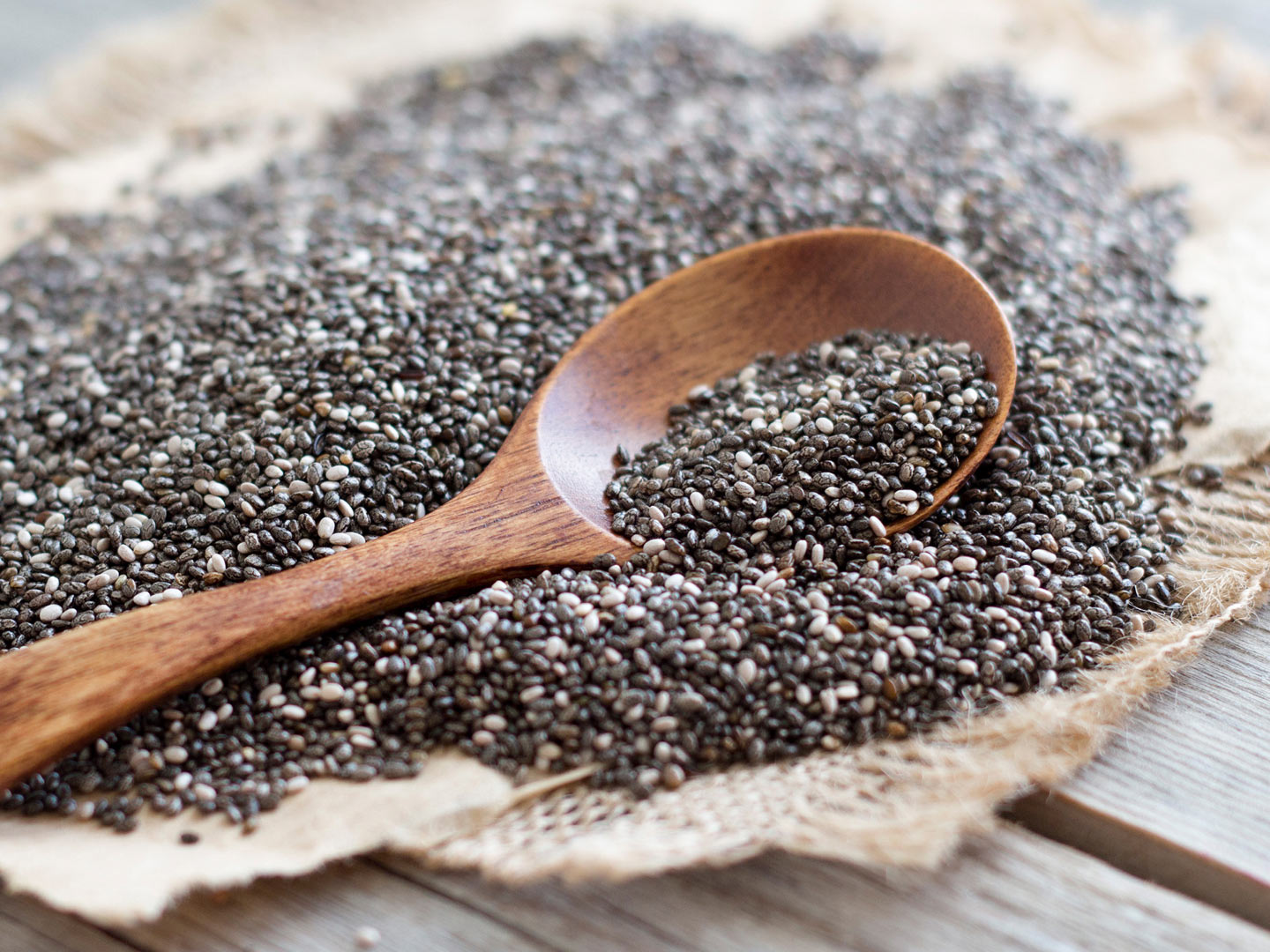
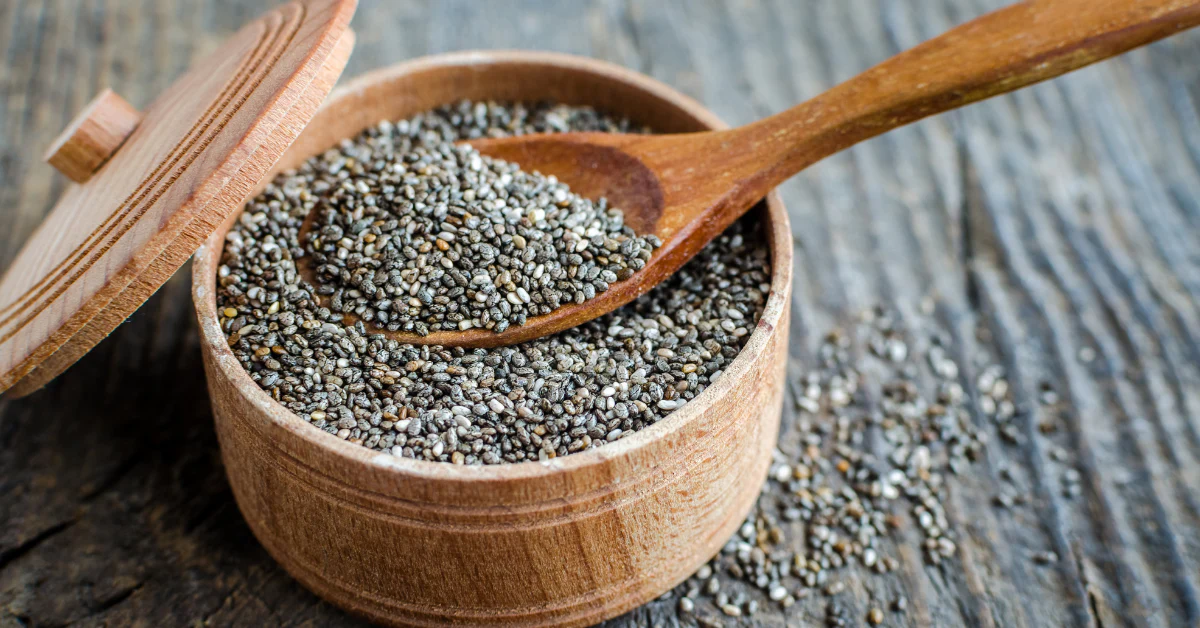
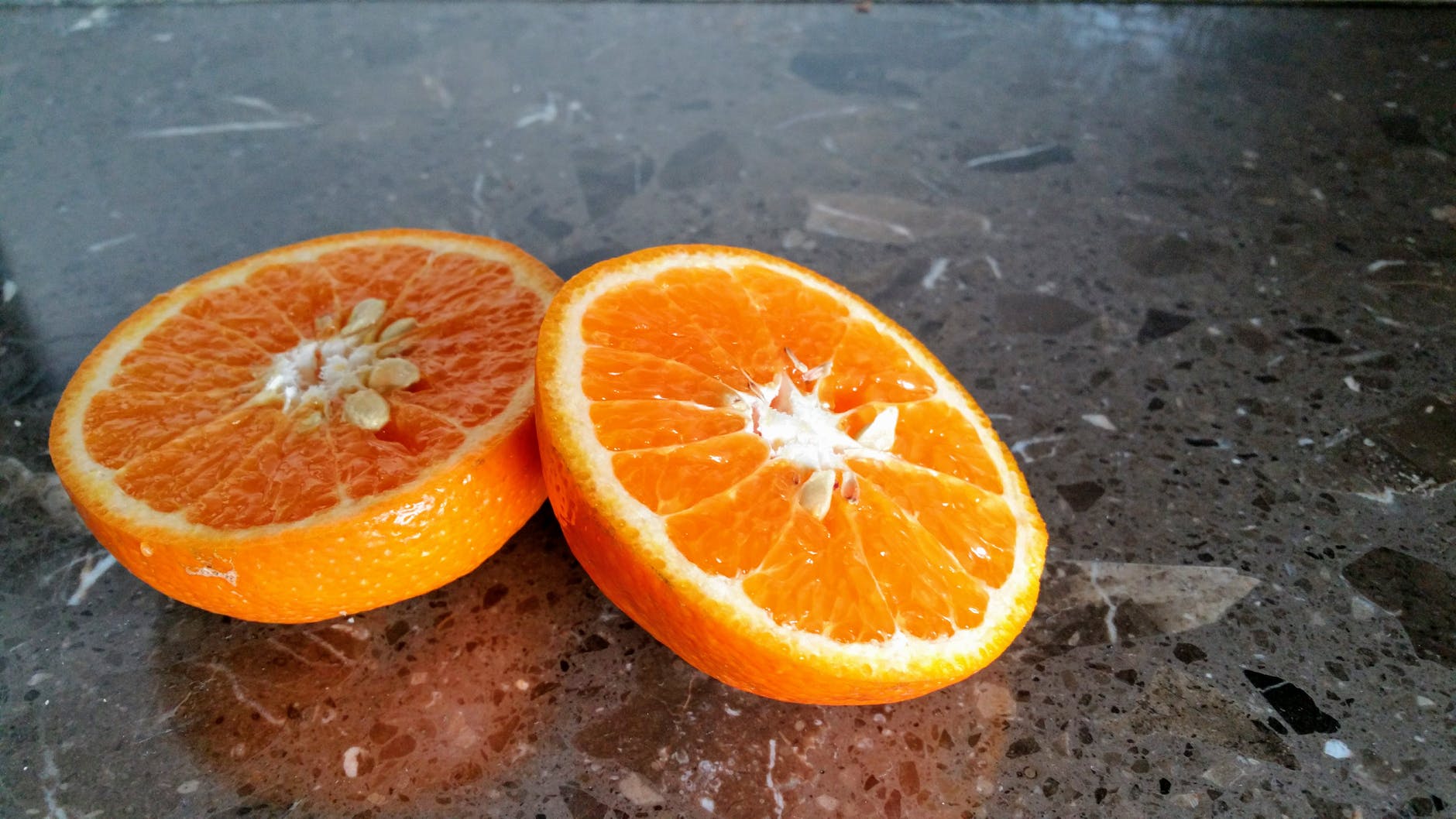
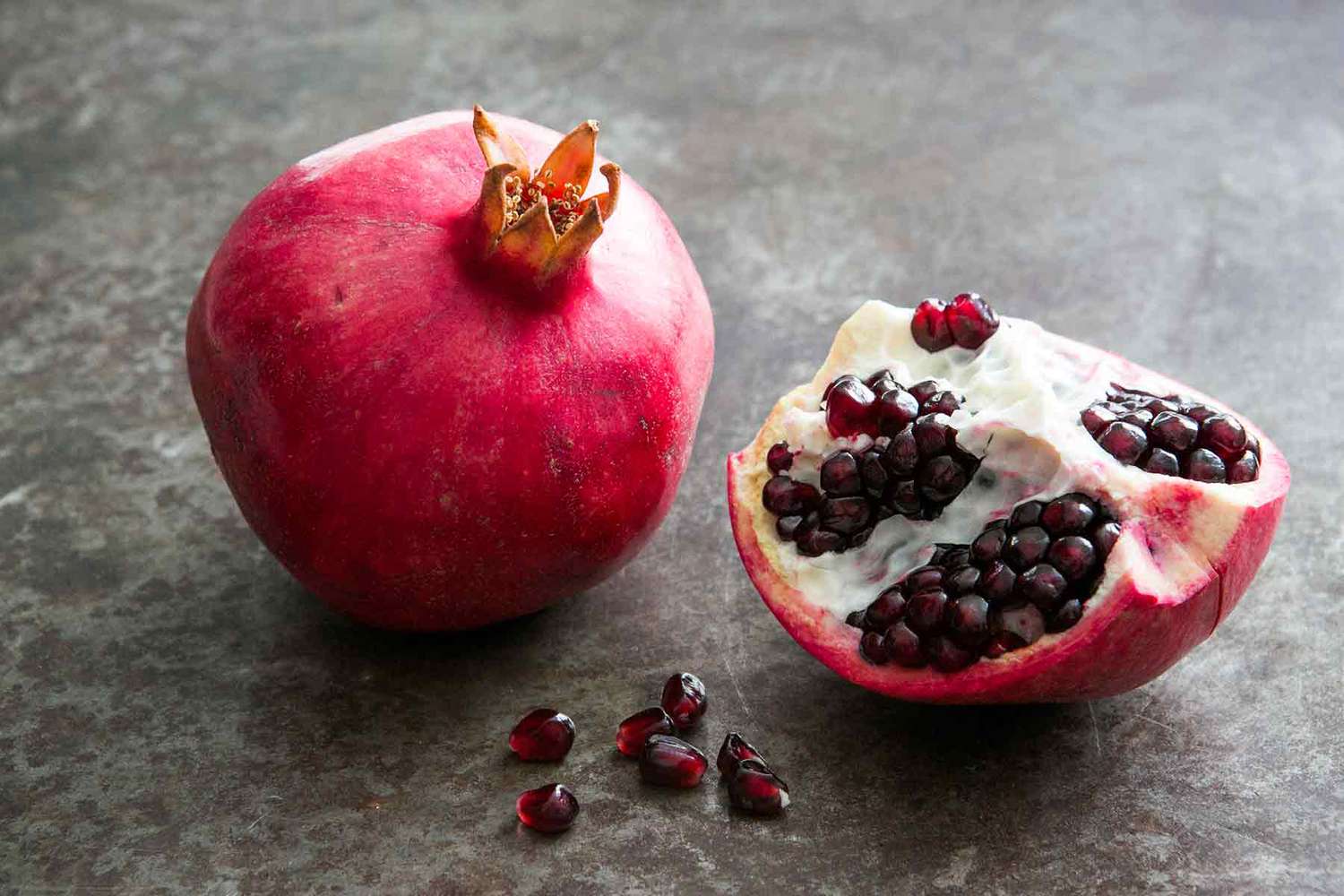
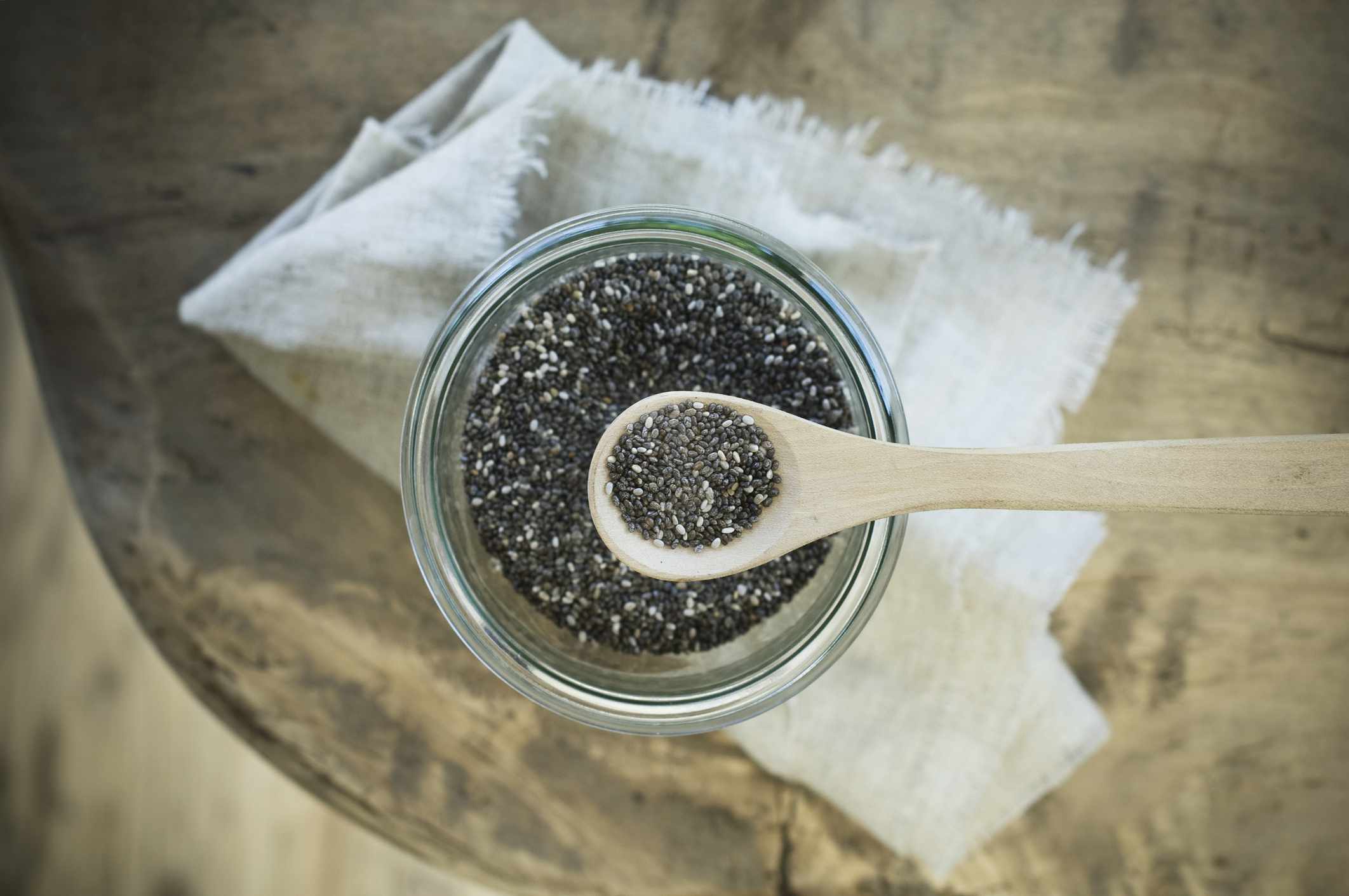

0 thoughts on “How Much Chia Seed Can You Eat In A Day”